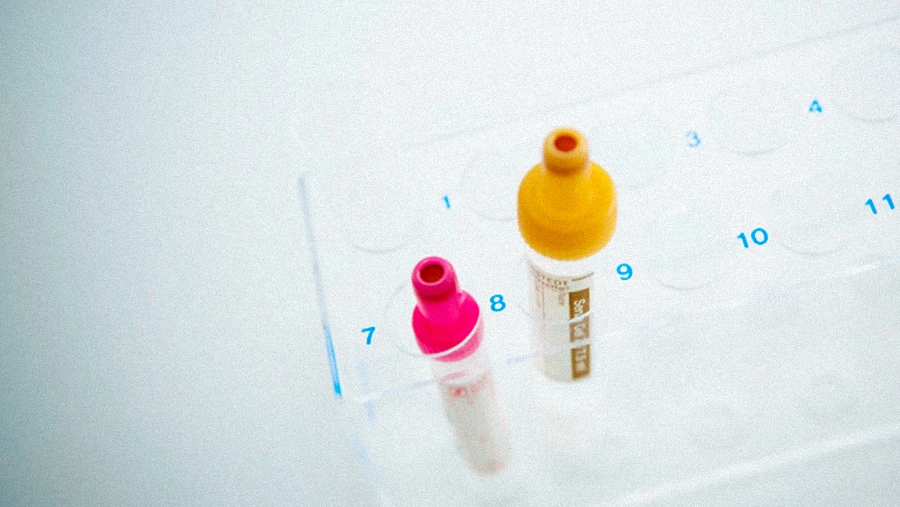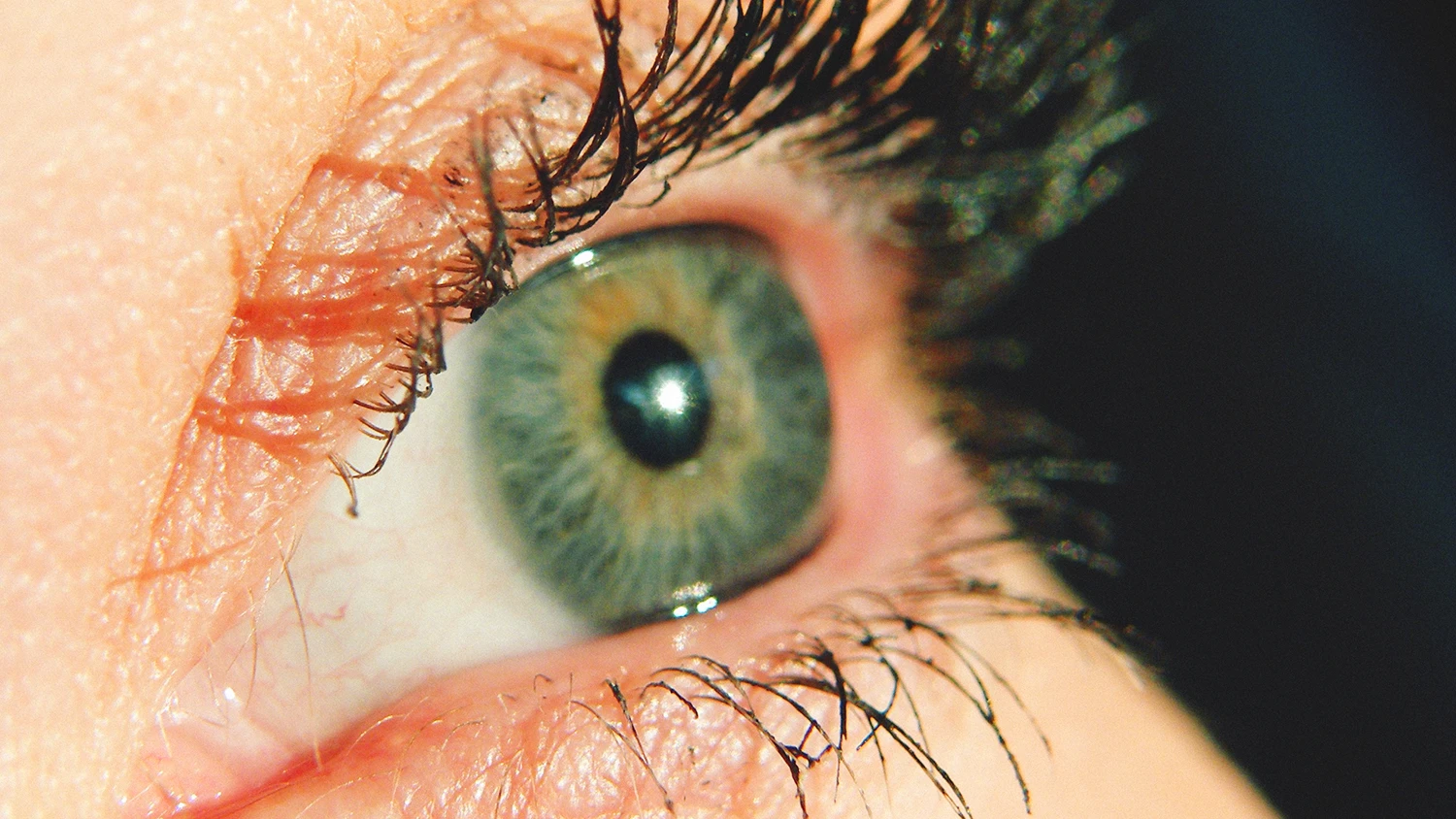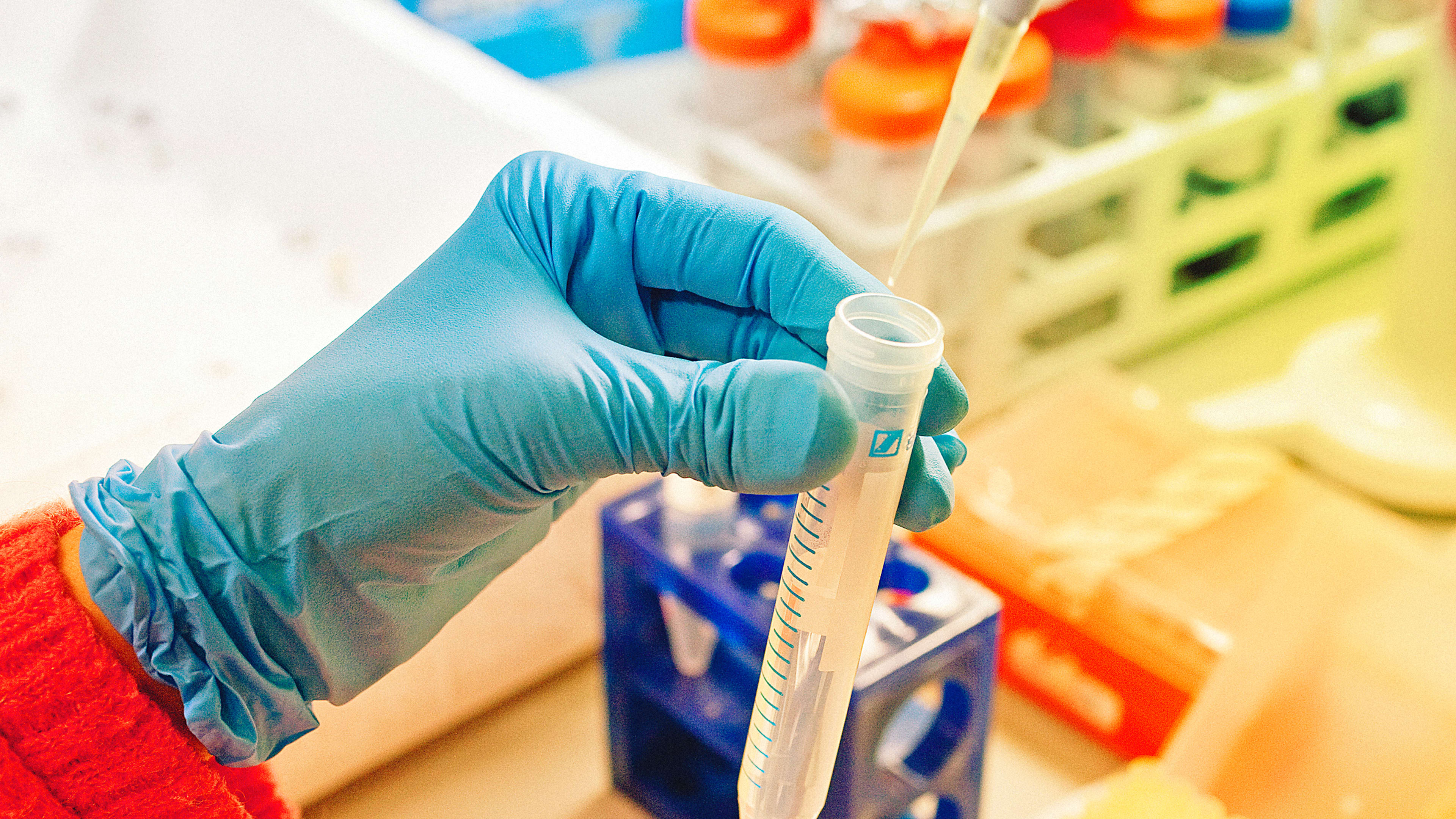Two women; one very rare genetic mutation.
Several years ago, scientists were thrilled to discover two patients, a Dallas mother and a young Zimbabwean woman, with the identical double dose of an extremely rare genetic mutation. Both women were found to have strikingly low cholesterol. That research set off a chase among three top pharmaceutical companies, Amgen, Pfizer, and Sanofi, to develop new drugs that could imitate the effects of the mutation, called PCSK9, in driving down cholesterol levels.
Early clinical trials now suggest that these drugs, PCSK9 inhibitors, are set to make these drug makers billions of dollars in profits. As the editor-in-chief of Harvard Medical School’s health publications put it in a recent article: “Every so often a medical advance comes along that rewrites the script for treating a disease or condition…That scenario just might happen in the next few years.”
Cases like these have prompted an ongoing debate among patient advocates, geneticists, and bioethicists. Should these two women with the rare mutation have been compensated with some form of equity or credit? After all, if it wasn’t for them, the PCSK9 inhibitors might not have ever been seen the light of day. Or is it enough that their unique DNA inspired a potentially life-saving drug for thousands of people with cholesterol-clogged arteries?

The Business Model Of Selling Data
Scientists today rely on thousands of donors to share their health information. This data is often stored in giant databases called biobanks, and combined with the medical record. President Obama is hoping to collect about 1 million people’s DNA for a huge new biobank, which would spur important medical research.
But new business models are emerging in the private sector that demonstrate the monetary value of our DNA. It’s a little known fact that 23andMe, the direct-to-consumer genetics company, makes its money by selling people’s health data to pharmaceutical companies in bulk for thousands of dollars. (23andMe’s business model involves analyzing its customers’ DNA on behalf of pharma companies, including Pfizer and Genentech.)
For this, and other reasons, some patient advocates are calling for patients to get a slice of the revenues. “I think there may be an economy emerging, in which we might want to figure out how to include them (donors) in the commerce that is taking place around clinical recruitment,” says Sharon Terry, founder and CEO of the nonprofit group Genetic Alliance, which advocates on behalf of people with genetic diseases.
According to Terry, doctors are also being paid to recruit patients in clinical trials; so why not the patient themselves? “We are actually considering a credit system whereby individuals, their communities, and our platform could all have a ‘credit’ in a system of commerce,” she explains.
Chaos?
But some geneticists believe that patients should be compensated for little more than their gas money. After all, many people are willing to donate their genetic information to a biobank in the hopes of saving lives and finding cures for diseases. This altruistic system isn’t broken, so why fix it?
“I would vote no on compensating these people,” says medical geneticist Robert Green, who discusses the issue with entrepreneurs from time to time. “It would sew chaos.” Green argues that academic institutions should do a better job at outreach, so more people will volunteer their data. But offering serious compensation to patients feels like an act of manipulation.
Moreover, he points to a slew of practical problems. It might seem obvious that we should compensate the aforementioned women with the rare genetic mutation, but how about thousands of other people in the biobank? “We wouldn’t know that the mutation was rare if we didn’t have a source of comparison,” Green explains. Also, should patients have a share in the upside as well as the downside? Pharma companies don’t always strike gold; for one reason or another, they often fail to bring the drug to market.

A Middle Ground
Most of the geneticists and bioethicists I spoke to sided with Green. But Hank Greely, a bioethicist at Stanford University, says he doesn’t feel strongly either way. He argues that research subjects should be paid for their time and inconvenience, like the cost of traveling to an academic institution. But it isn’t clear to him that a patient should be paid for their genetic mutation, as they didn’t “earn it.”
But Greely says that if a patient with a special or rare gene negotiated for some form of payment from a pharma company, he wouldn’t blame them for it. He suggests that pharma consider an act of goodwill like offering research subjects a donation to a charity on their behalf.
Ultimately, however, he notes that cases where just one or two people are crucial to a commercially important discovery are extremely rare. Greeley’s fear is that such a system would be like a lottery that participants hardly ever win–and that might have negative consequences for participation in research. “Medical research is almost always about collectives, statistics, and probabilities, not about any one person,” he explains.
Would you want to be compensated for your special genes? How would such a system work in practice? Let me know at cfarr@fastcompany.com
Recognize your brand’s excellence by applying to this year’s Brands That Matter Awards before the early-rate deadline, May 3.
